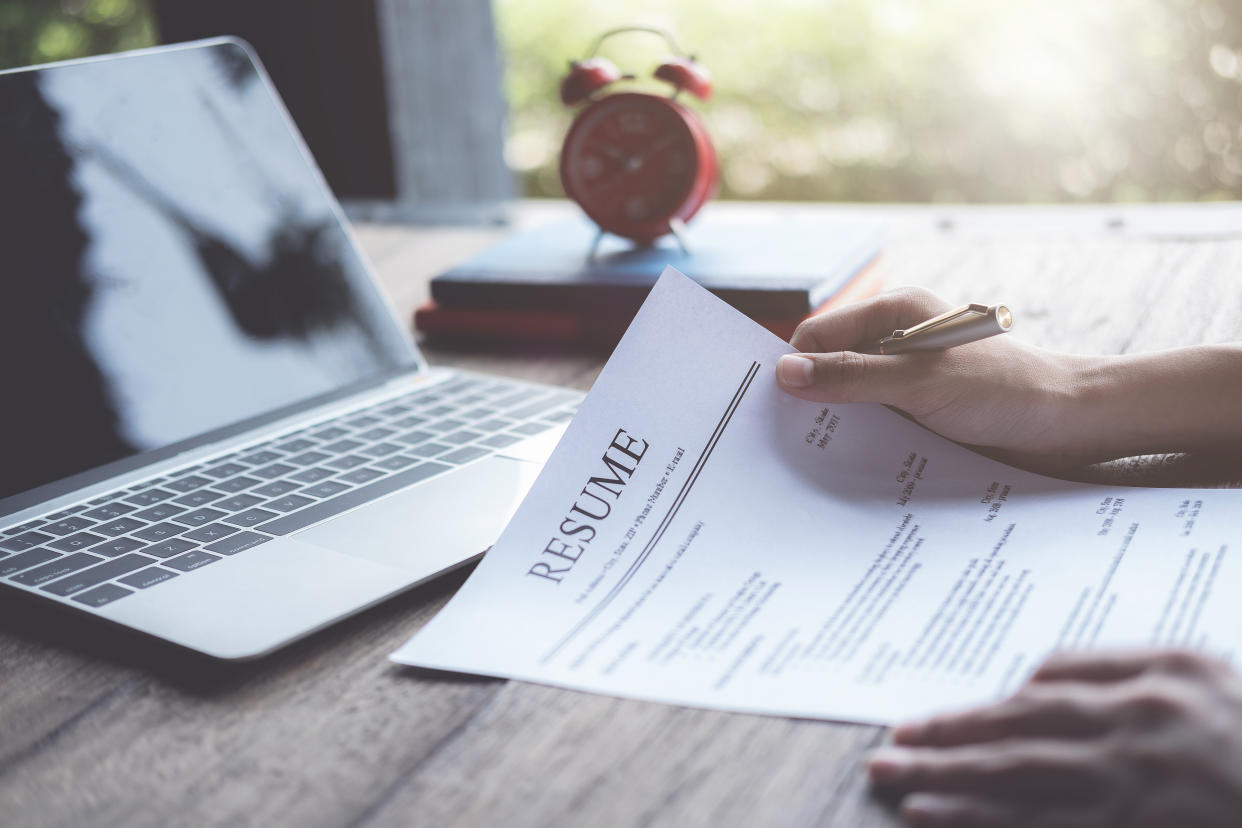5 ways to build up your resume without a job

When a person unexpectedly finds themselves out of work, one of the first things they will do as they seek to find a new job is to update their resume or LinkedIn profile.
Also read: Aussie tech giant gives away $400 income-boost courses
Also read: The three LinkedIn courses everyone is learning right now
Both tools play a critical role in the job-hunting process, and there are great ways to build up your profile so you can put your best self forward.
Do a skills audit
This process starts by doing a skills audit to identify the range of technical, functional and behavioural skills a person has. Don't limit yourself. Skills learned on the job through voluntary work can be just as valuable as paid work.
For example, participating on a school board, running a fundraising campaign, or mentoring students, all involve a range of specific technical skills, as well as leadership, marketing or stakeholder management skills. Skills, such as these, are worth highlighting.
Know your value
Having that detailed understanding of skills helps the person to more effectively articulate and outline the value they can bring to a role. Be specific. Detail how those skills have (in the past), and can (in the future) help an organisation or company be successful.
Your CV and LinkedIn profile are marketing tools, so be prepared to sell yourself.
Focus on adaptation
Getting back into the job market requires a level of adaptation, and so it helps to look at your skills with a different perspective. You want to identify which of your skills are the most relevant for future jobs.
There are three categories:
Transferable skills - directly applicable in another industry or occupation
Adaptable skills - usable in another industry or occupation once they have been modified in some way
Replaceable skills - likely to be industry or occupation-specific, and therefore not as useful when leaping to another job or career
Get targeted
CVs are never a one size fits all. It's essential to tailor your CV to the type of position, organisation and industry you are targeting. The more specific you can be about your skills and how they match what the organisation is looking for, the better.
Look at those transferable and adaptable skills, and how they best suit the job you are applying for.
Network, network, network
Your resume and LinkedIn profile are great but don't forget about your network. Your network of friends, former colleagues or family members play a crucial role in helping you get back into the job market. Talk to them about your interests and skills. Find out if they know of opportunities, and where they can get them to make an introduction for you.
Many jobs are unadvertised, so networking is crucial not just to land a new job, but also to help you identify what roles are available.
Get learning
Staying relevant in your sector, industry or profession is crucial, because what's needed in the market shifts as the external environment changes.
Now's the perfect time to assess where you want to go next, and consequently, what skills you need to acquire or improve. Elevating those skills may involve watching YouTube videos to master technical skills, enrolling in free online classes, and subscribing to online news to broaden knowledge.
You may want to enrol in a short course or a micro-credential, all elements which will enhance your resume or LinkedIn profile.
Michelle Gibbings is a workplace expert, working with global leaders to build workplaces where leaders and employees thrive and great things happen. She is the Author of 'Step Up: How to Build Your Influence at Work', 'Career Leap: How to Reinvent and Liberate your Career' and the new book 'Bad Boss: What to do if you work for one, manage one or are one'. www.michellegibbings.com.



